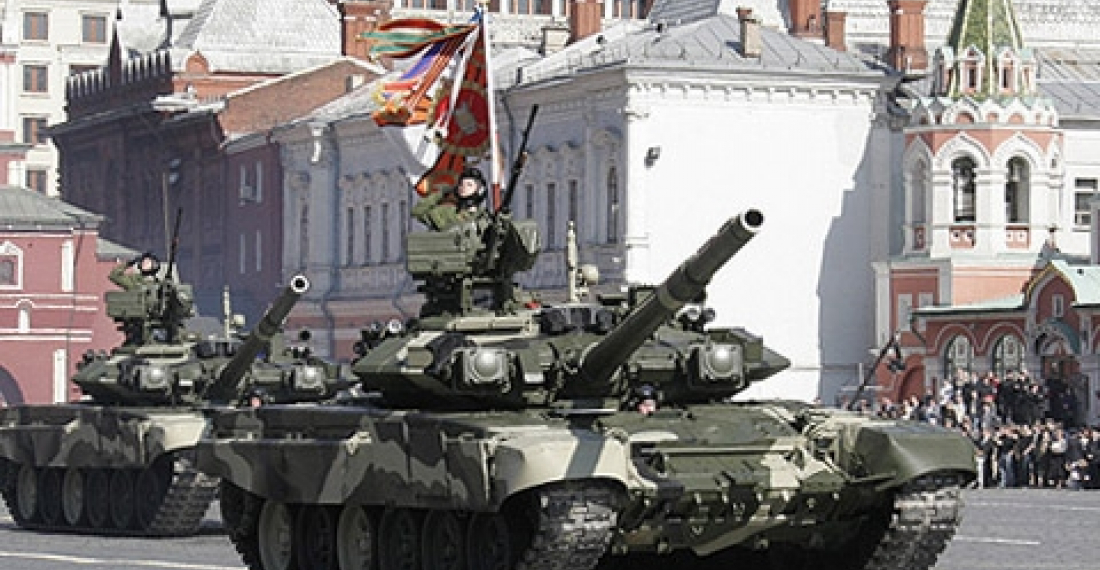Russia sold a record $15.16 billion worth of weaponry in 2012 while expanding its foreign client list, RIA Novosti reported, quoting a Federal Military-Technical Cooperation Service (FSMTC) report on Jan.21.
"The volume of Arms exports has reached $15.16 billion, according to preliminary calculation, which means that our plans have been fulfilled by 111.8 percent," FSMTC chief Alexander Fomin told a government meeting on state defense contracts.
"In the past ten years, we have seen a general increase in exports, which have tripled since 2003," Fomin said.Russia's reported sales of arms was $13.2 billion in 2011. "The portfolio of orders for defense-related products has also tripled. Its current value exceeds $46 billion," he added.
Russia ranks the world's second arms exporter after the United States. India is the leading purchaser of Russian arms, with Myanmar,Vietnam, Venezuela and Middle East countries also among the Russian defense industry's main clients.
Fomin said the countries Russia sells arms to has also expanded in 2012, including Afghanistan, Ghana, Oman, and Tanzania to client list. The FSMTC also claimed the quality of exported Russian military products has improved, though problems still remain, especially with poor after-sales services.
Both Armenia and Azerbaijan purchase arms from Russia. Armenia also receives Russian military assistance as a result of its membership in the Russian led CSTO military alliance and because of the Russian bases in Armenia. Azerbaijan is less dependant on Russian armaments. Israel has become Azerbaijan's most important arms supplier.
source: commonspace.eu with RIA.ru and Hurriyet Daily news.
photo: A Russian T 90 tank on parade in Moscow in 2009. Azerbaijan bought T90s recently from Russia.







